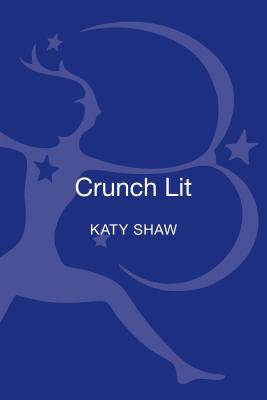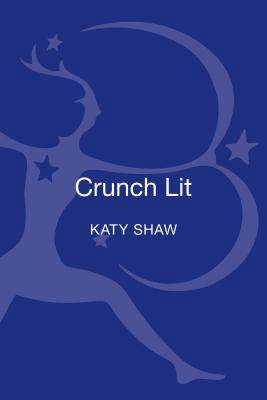
- Afhalen na 1 uur in een winkel met voorraad
- Gratis thuislevering in België vanaf € 30
- Ruim aanbod met 7 miljoen producten
- Afhalen na 1 uur in een winkel met voorraad
- Gratis thuislevering in België vanaf € 30
- Ruim aanbod met 7 miljoen producten
Zoeken
€ 160,45
+ 320 punten
Uitvoering
Omschrijving
The financial crisis of 2008 quickly gave rise to a growing body of fiction: "crunch lit". Populated by a host of unsympathetic characters and centred around banking institutions, these 'recession writings' take the financial crisis as their central narrative concern to produce a new wave of literary and popular writings that satirise the origins and effects of modern life, consumer culture and the credit boom. Examining a range of texts from such writers as John Lanchester, Jonathan Franzen, Don DeLillo, Sebastian Faulks and Bret Easton Ellis, this book offers the first wide-ranging guide to this new genre. Exploring the key themes of the genre and its antecedents in fictional representations of finance by the likes of Dickens, Conrad, Zola and Trollope, Crunch Lit also includes a timeline of key historical events, guides to further and online resources and biographies of key authors. Supported by online resources, the book is an essential read for students of 21st century literature and culture.
Specificaties
Betrokkenen
- Auteur(s):
- Uitgeverij:
Inhoud
- Aantal bladzijden:
- 208
- Taal:
- Engels
- Reeks:
Eigenschappen
- Productcode (EAN):
- 9781472506306
- Verschijningsdatum:
- 22/10/2015
- Uitvoering:
- Hardcover
- Formaat:
- Genaaid
- Afmetingen:
- 140 mm x 216 mm
- Gewicht:
- 385 g

Alleen bij Standaard Boekhandel
+ 320 punten op je klantenkaart van Standaard Boekhandel
Beoordelingen
We publiceren alleen reviews die voldoen aan de voorwaarden voor reviews. Bekijk onze voorwaarden voor reviews.











